// Defining a case class
case class Book(title: String, author: List[String])
// Creating Book instances
val book1: Book = Book("War & Peace", List("Leo Tolstoy"))
val book2: Book = Book("Crime & Punishment", List("Fyodor Dostoievski"))
val book3: Book = Book("Rebecca", List("Daphne du Maurier"))
val book4: Book = Book("Les Miserables", List("Victor Hugo"))
val book5: Book = Book("The Count of Monte Cristo", List("Charles Dumas"))
val book6: Book = Book("The Passion According to G.H.", List("Clarice Lispector"))
val book7: Book = Book("Ham on Rye", List("Charles Bukowski"))
val book8: Book = Book("The Brothers Karamazov", List("Fyodor Dostoievski"))
// Defining a list of books
val myBooks: List[Book] = List(book1, book2, book3, book4, book5, book6, book7, book8)
// Getting all books starting with "The"
for
b <- myBooks
if b.title.startsWith("The")
yield b.title
// res0: List[String] = List(The Count of Monte Cristo, The Passion According to G.H., The Brothers Karamazov)- 40 min
- Guided Project
- Data Science
- PowerShell 7, Python, R, RStudio
We live in an era where reliable data has become an invaluable asset. We’re constantly bombarded with information from…

